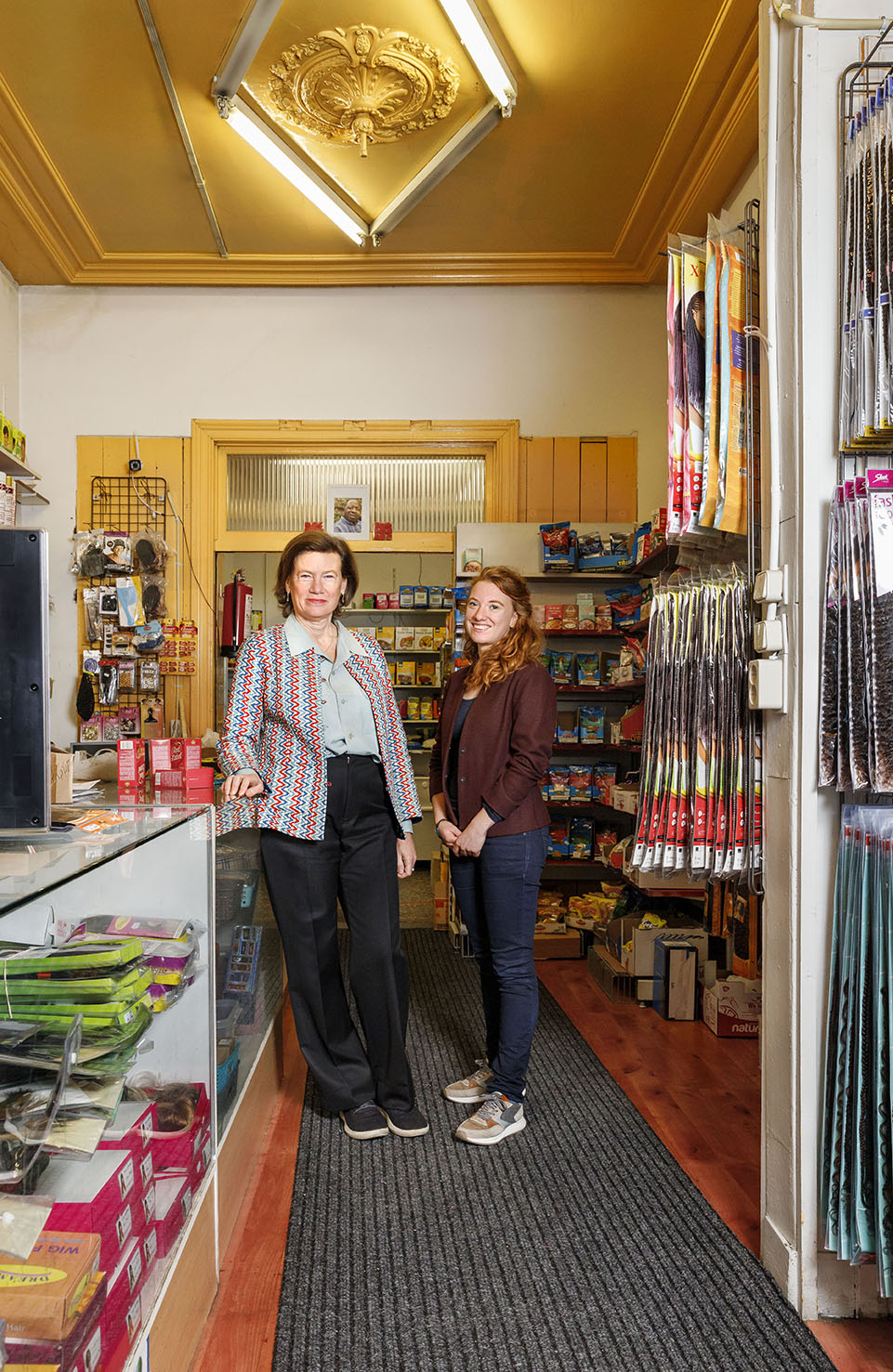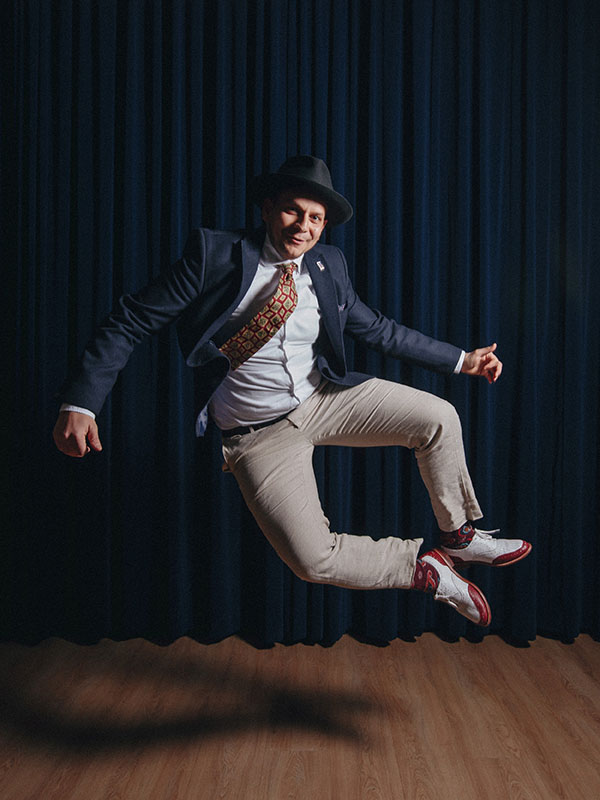“I want to make crossing borders easier”
Hildegard Schneider is set to say goodbye. As professor of European Migration Law and former dean of the Faculty of Law, her career coincided with the foundation and pioneering years of the law faculty. She herself made an important contribution to the profiling of Maastricht University as a ‘European’ university. “Now the university has to get ready for global challenges.”
(This article is based on an interview that took place before the war in Ukraine.)
There is much to discuss, but first: her farewell. “I’m not really feeling it yet,” she admits. We are in her home, which is filled with carvings, African masks with large peepholes, even an Indian feather headdress; a veritable museum of non-European art. “So far it hasn’t felt like a big transition. I’m still supervising PhD candidates, attending conferences and preparing a research initiative called Borders in times of crisis.” She will miss the daily contact with colleagues and students, though corona has already nudged this process along. “As my daughter said, ‘this way you can get used to being retired.’”
It comes as no surprise that her farewell lecture—if it goes ahead—will focus on the theme of crossing borders. Schneider became a lecturer in European law in 1986, specialising in the free movement of people. Later her focus shifted to migration and asylum law, but also the free movement of artworks in the EU—all fields that transcend a monodisciplinary approach. “I think this interest comes from my background. I grew up in a border region and later studied European law, political science and art history.”
Fairer art trade
In the 1990s, Schneider came up with the idea for the course Law and Art: The Free Movement of Cultural Property, which has since grown into a respected legal field. Art law is involved in many aspects of the art trade, but also money laundering and the return of colonial possessions or valuable works stolen by the Nazis. “My motivation is to make the art trade fairer and more transparent. A lot used to go on under the table. The claim in the art trade was: we trust our clients, they trust us and that revolves around confidentiality. But it also paved the way for all kinds of dubious practices. Now people are more critical of the art trade, and the trade itself has become more cautious. There’s a protocol for how to deal with stolen artworks.”
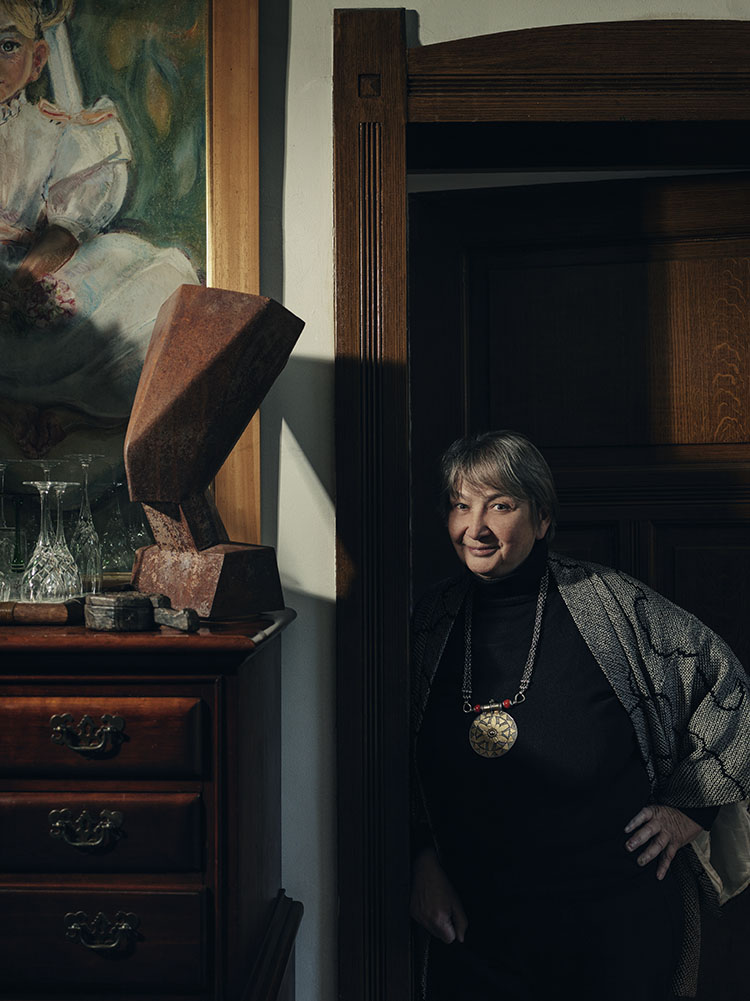
Hildegard Schneider studied law, political science and art history. She was professor of European Migration Law at UM and dean of the law faculty. Her research focuses on various aspects of European law, the free movement of people, European citizenship, migration and diploma recognition. She contributed to the emerging field of art law and, with colleagues from other faculties, initiated three multidisciplinary institutes: ITEM, MACCH and MACIMIDE.
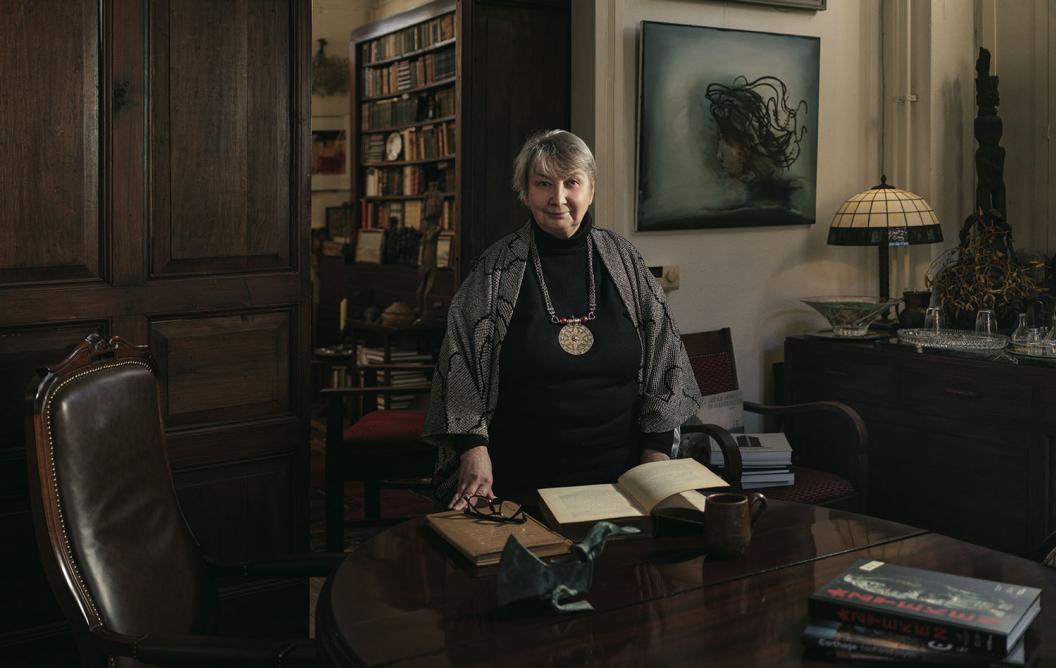
Highest scholarly award
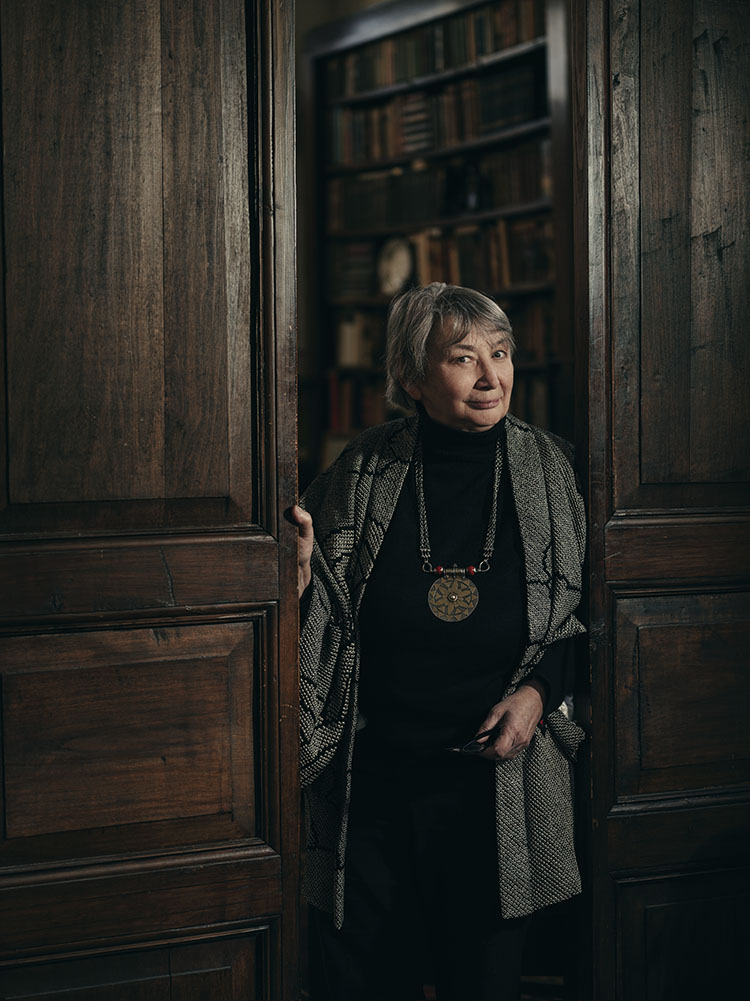
Just as impossible to answer is the question as to which of her 33 PhD candidates she remembers best. She is willing to name the first two. For starters, Yoeri Michielsen won the Best Speaker Award at the European Law Moot Court Competition. “Yoeri’s dissertation was on the nazification and denazification of the Dutch, Belgian and Luxembourg judiciary, and he found that the Supreme Court was in the wrong. He obtained his PhD cum laude and received the Research Prize of the Praemium Erasmianum Foundation, the highest scholarly award in the humanities and social sciences.
“My second was an older lady who I figured was around 70. She was studying the recognition of diplomas and the legal status of interpreters and translators. The manuscript was approved, but I suggested holding off a little because European legislation was in the works. But she was keen to have the defence as soon as possible, and when I received her CV with her date of birth, I thought it must be a typo. It turned out that she was turning 85 the following month! No wonder she didn’t want to wait.”
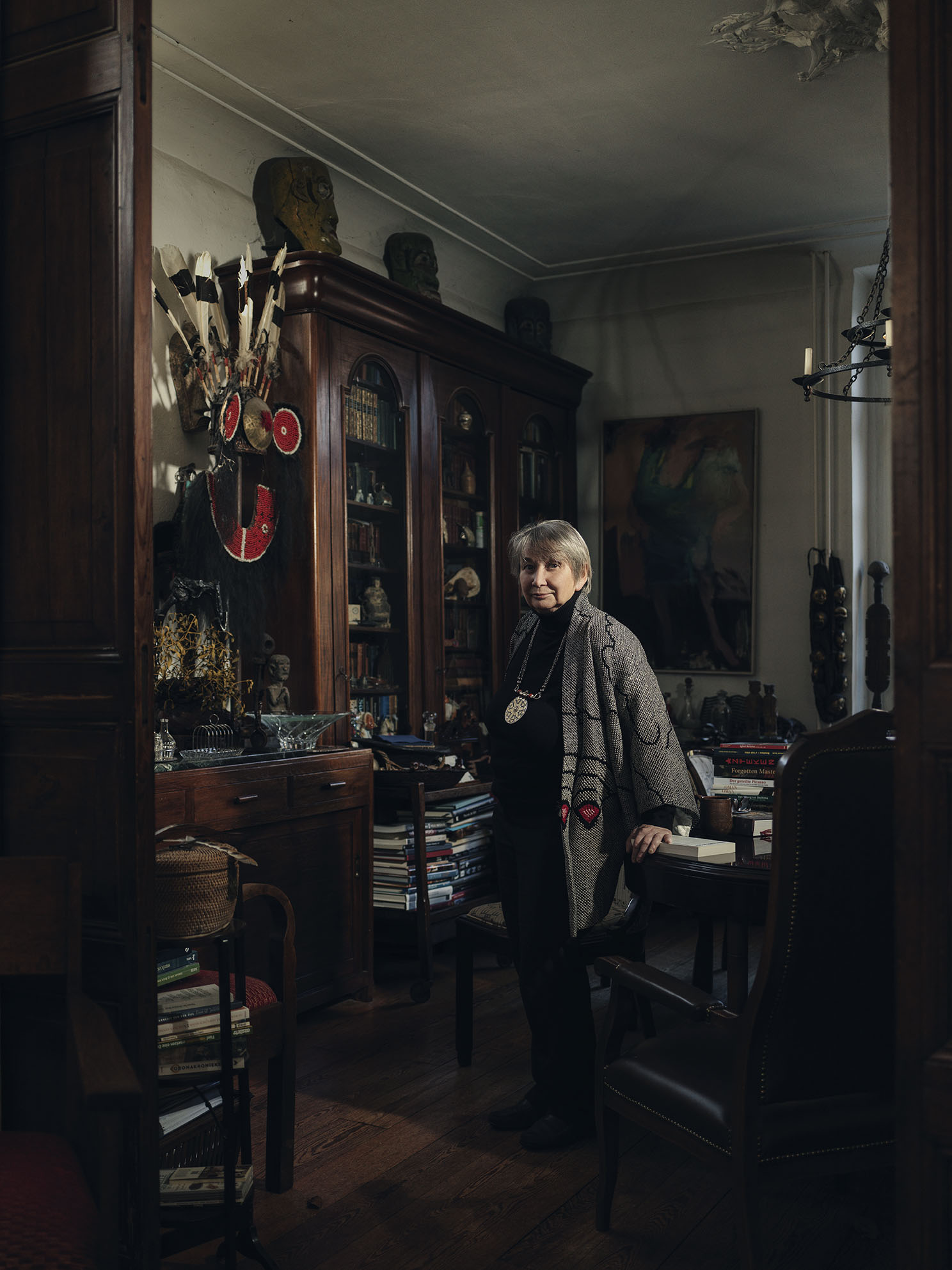
Eating well
Schneider switches seamlessly between the present and the earliest days of the university, then still known as the Rijksuniversiteit Limburg. She talks about the founding of the law faculty in 1981 in the home of the dean, Job Cohen. About the inaugural lecture ‘Compare everything and keep the good’ by her husband René de Groot, a retired comparative law professor, which paved the way for the establishment of the European Law School. Then there was the Maastricht Treaty: “That was a huge stroke of luck for the city and the university. Maastricht was easiest to organise in terms of security, and the French president Mitterrand wanted to be able to eat well. It put Maastricht on the map, which triggered the university’s name change.”
Today, Schneider is genuinely worried about Europe, particularly the developments in Ukraine and Poland. But she sees European unification and European law as a foregone conclusion. “Now the university has to get ready for global challenges. Many legal fields are developing in this direction too. Take climate refugees—that’s a global problem. I’d like to see the study programme pay even more attention to the challenges of law and justice on a global scale.”
Also read
-
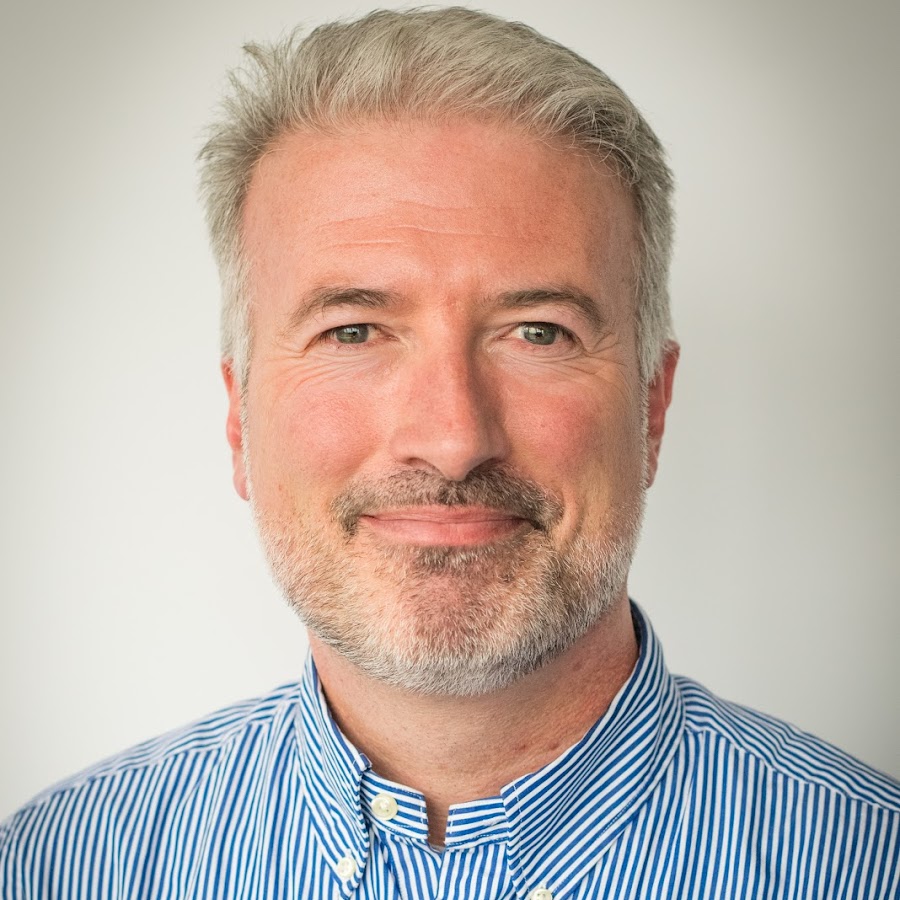
Frederik Claasen, the head of policy at our partner organisation Solidaridad Network on the opportunities and obstacles facing smallholder farmers in their data ecosystems.
-
The PhD research of Karlien Strijbosch focuses on Senegalese migrants who were forced to return home after a stay in Europe. Doing justice to such stories is no easy feat, especially when you come up against walls of silence, distrust and shame. Strijbosch and her supervisor Valentina Mazzucato...
-
In September Cengiz Akbulut was made head of the laboratory of the new Stem Cell Research University Maastricht (SCRUM). Here he discusses multiculturalism, the origin of life and his love of swing dancing.
- in Corporate
- in Featured
- in Human interest
- in Researchers
